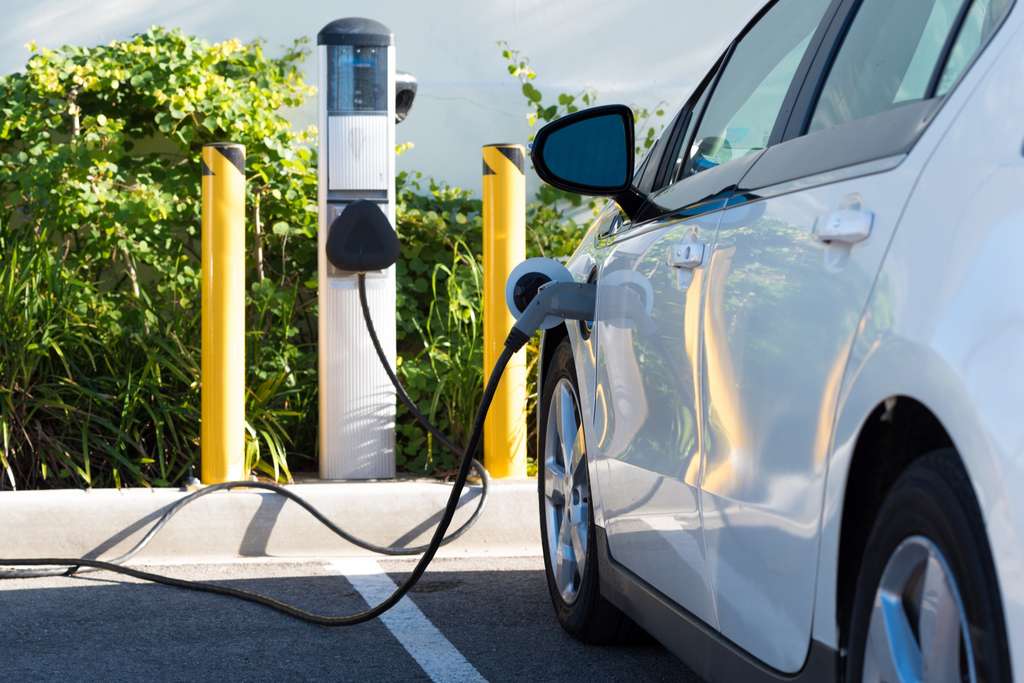This is the Grail of electric vehicles: fast charging is the fundamental problem for now. But researchers seem to have found a way around the problem, even though there are still many obstacles to overcome before moving to the industrial stage.
Ten minutes of electric recharge for 320 kilometers of autonomy: it is the technological success, for the moment experimental, of a team of engineers of the American University of Penn State, which hopes that one day it will allow solve a fundamental problem of electric vehicles.
To get a battery to swallow so much energy in record time, the researchers raised the temperature of an experimental battery to 60 ° C during the cooldown and then lowered it to ambient use, according to their study published Wednesday in the magazine Joule.
By varying temperatures in this manner, researchers have avoided the types of wear and tear that occur when a lithium battery operates at high temperatures. The duration of life of the battery would be coextensive.

A decade before removing the obstacles?
” The key is to achieve rapid heating, otherwise the battery remains at a high temperature for too long, which degrades it strongly, ” says co-author Chao-Yang Wang.
Going to an industrial level will probably take a decade, said Rick Sachleben, a retired chemist member of the American Chemical Society and has nothing to do with the study released Thursday. It will be necessary to ensure that these extremely fast charging techniques are stable, safe and do not lead to explosions, given the temperature and the phenomenal amount of energy transferred.
” Fast charging is a grail of electric vehicles,” says the chemist at AFP. It’s one of the things you need to really compete with the internal combustion engine. ” Today, for example, Tesla says it takes 30 minutes to reload its cars partially to its terminals on the road. To refuel, petrol cars are unbeatable.